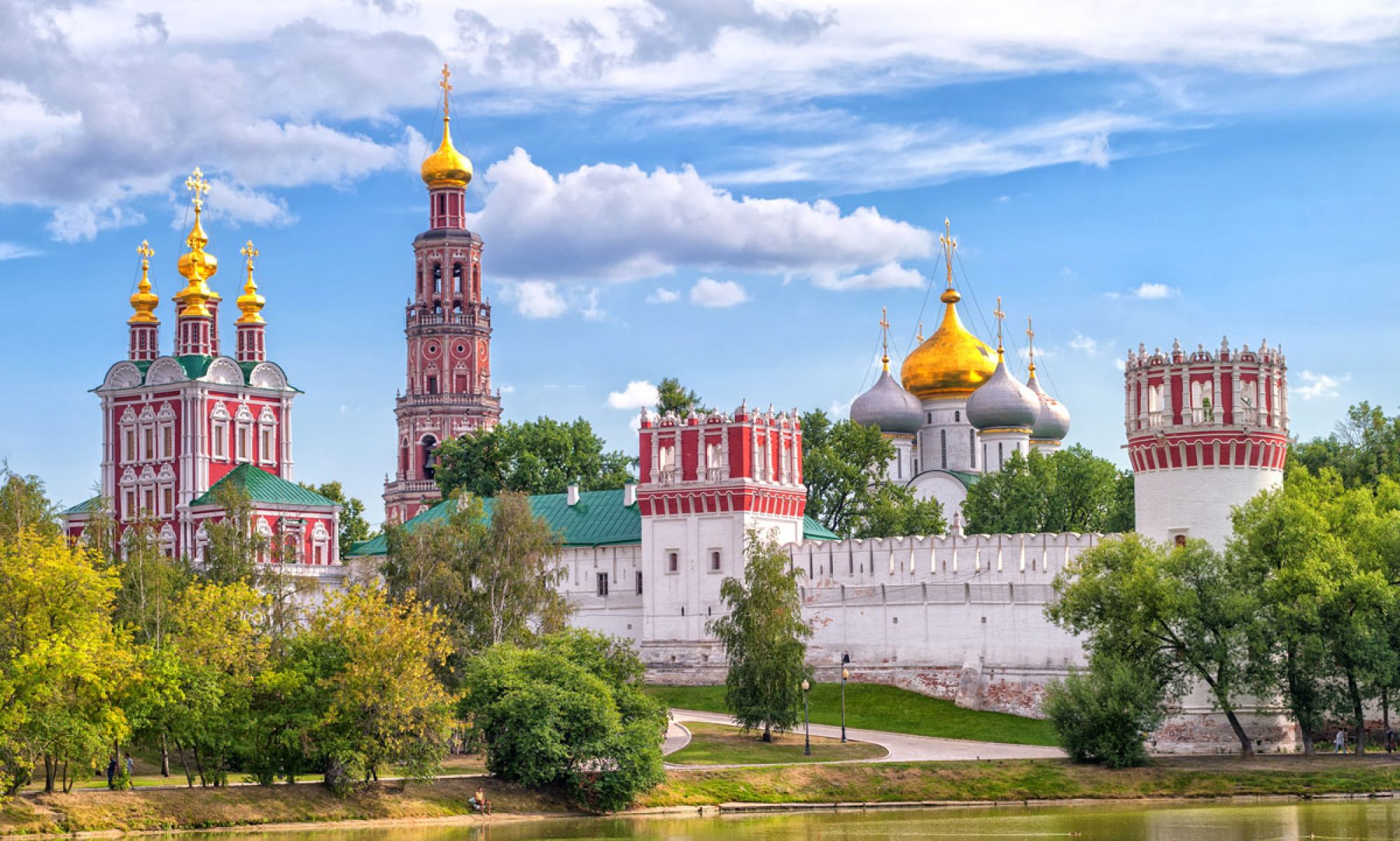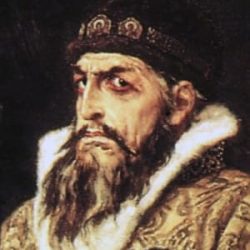Peter the First was truly a great Emperor of Russia. He benefited the country in countless ways and he set up the groundwork for the Russia that is seen today. Peter allowed for progression, reorganization and modernization to a country that had known trials, tribulations and instability in a multitude of departments. Peter created a concrete government structure that allowed him to truly serve the people of his country rather than rule over them. He created the twelve colleges allowing for experts to come together to develop ideas and legislation that would help the Czar in the reformation process. In 1711, Peter even established the senate as a consulting and in his absence ruling force with more knowledge and experience than any Boyar Duma beforehand. The remainder of the colleges allowed for Russia to advance with the oversight of their autocratic leader rather than a more direct rule. Peter also secured a stronger economic system for his government to function off of. From the 1699 organization of townspeople taxation to the first recorded census in 1718 to the trade deals he made in his travels, Peter saw that the government had money to complete all of the reforms he was establishing. Peter also saw an increase in literacy and education. He established primary schools and normalized the upper-class tutoring education style from the West. He also reformed the Cryillic alphabet to be easier to print certain symbols and allow for an easier production of texts. In addition to all of this Peter mandated that his government officials be capable and educated before they were allowed to step into service to the State. This allowed for a more educated and well-versed representatives helping Peter to make decisions for the whole of Russia. The Grand Embassy of 1697 opened up countless doors for Russia on the western world stage. It opened up the possibility for alliances and allowed Russia to create its own image and political relations with countries rather than going through what was said by foreign diplomats. 750 foreigners returned with him gifted in countless trades and skills to help educate and advance the government. Peter also takes the time to develop a diverse education in a variety of topics, subjects and skills that allow him to be a better leader and to be able to fully understand what developments he wishes to see in his own country. Peter the Great is also responsible for founding one of the world’s most beautiful cities of St. Petersburg and opening and maintaining control over the baltic coast thanks to his successful negotiation of the Treaty of Nystad to end the Great Northern War. No one is soon to forget that Peter established the beginnings of Russia’s modern army. He established laws of conscription, he reorganized, retrained and modernized both his military forces and his military technologies. He studied strategies and concepts from around the world that allowed him to be a formidable enemy in wars. Peter learned every rank and position in the army and navy (including building ships) to allow for his deep understanding of each position in each strategy. He also established the Russian Navy which was not a small fleet. It contained 48 major warships, 787 minor warships, auxiliary craft and was consistently serviced by more than 28,000 men. This establishment allowed Russia to truly begin to prove itself as a military powerhouse and also ensured the protection of ports. Peter the Great did all of these things and more…
- Spread of literacy/increase in education
- Calendar reform in 1700
- Language reforms
- production/distribution of texts
- More locations/tutoring available for the upper classes to learn how to read
- Primary schools
- Mandatory skills learned by nobility
- Westernization
- New Technology– Shipmaking
- New Clothing– More modernized
- New Opportunities for trading & alliances
- His two foreign friends
- Foreign affairs
- Very invested in learning about other cultures. Goes on a —- long trip to western europe to learn first hand and talk to diplomats of other nations
- Doesn’t send ambassadors to do this , very invested in relationships with other nations
- Concrete Governmental structure
- 12 colleges
- Governing Senate in 1711
- 1721 intermarriages between Orthodoxy and Western Christianity is now allowed
- Economic Advances
- Individual head tax
- Census
- Towns organized for taxation in 1699
- Ideological mercantilism
- Law of succession
- Changes law of succession from brother to brother to the tsar picking his own successor
- Possibly able to pick women
- Separation of church and state
- With the 12 Colleges basically gets rid of the church’s role in government, but doesn’t take church completely out of russian life
- Overall a peaceful homefront
- Only two revolts by the streltsy
- Rise of the role of women
- Assembly Balls– women and men are allowed to socialize instead of being kept in the Terem
- Made his wife Catherine Empress
- Rise of the arts and culture
- A lot of new architecture
- St. Petersburg
- Treaty of Nystad
- Signed in 1721 between Sweden and Russia ending the Great Northern War
- Sweden gave up conquests along the Baltic coast and was able to establish St. Petersburg and he kept the territory gained for a long time
- Treaty of Nystad
- Establishes the autocrat as a servant of the people
- Peter openly establishes that everything he does is done for his people and for the sake of russia
- He makes the head of state position the responsibility that it is rather than what some had considered it in the past
- Develops a social scene on nobility
- Assemblies
- Establish a social level to the noble class
- Allows for business, conversation, ideas and fun
- Men and Women allowed to be in the same space and no longer keeping the genders completely separate
- Assemblies
- The Grand Embassy
- A full 18 months spent abroad making politically strong international connections with the West.
- Establishes alliances and partnerships as well as training and education
- Comes back to Russia with 750 foreigners to help train and educate his nobility in different aspects of trades and military knowledge
- Puts Russia on the map for the West and allows for the West to have a new picture of Russia not just one that was presented by others
- Change the narrative surrounding Russia
- MILITARY
- He was the founder of the modern Russian Army
- He established General conscription, reorganized the military structure and worked to modify both military maneuvers and tactics as well as military technology
- Beginning in 1715, there was a mandatory 1 draftee from every 75 Serf Households
- Made himself the lowest rank in the army so he could learn all of the positions and work his way up
- He established and built the Russian Navy
- 48 Major warships, 787 minor warships, Auxillary crafts
- Serviced by 28,000 men
- Table of Ranks
- Advance by merit
- Everyone is able to work their way to the top and get a chance to become some sort of nobility
- Gets rid of old system where your rank was determined by your family’s status

